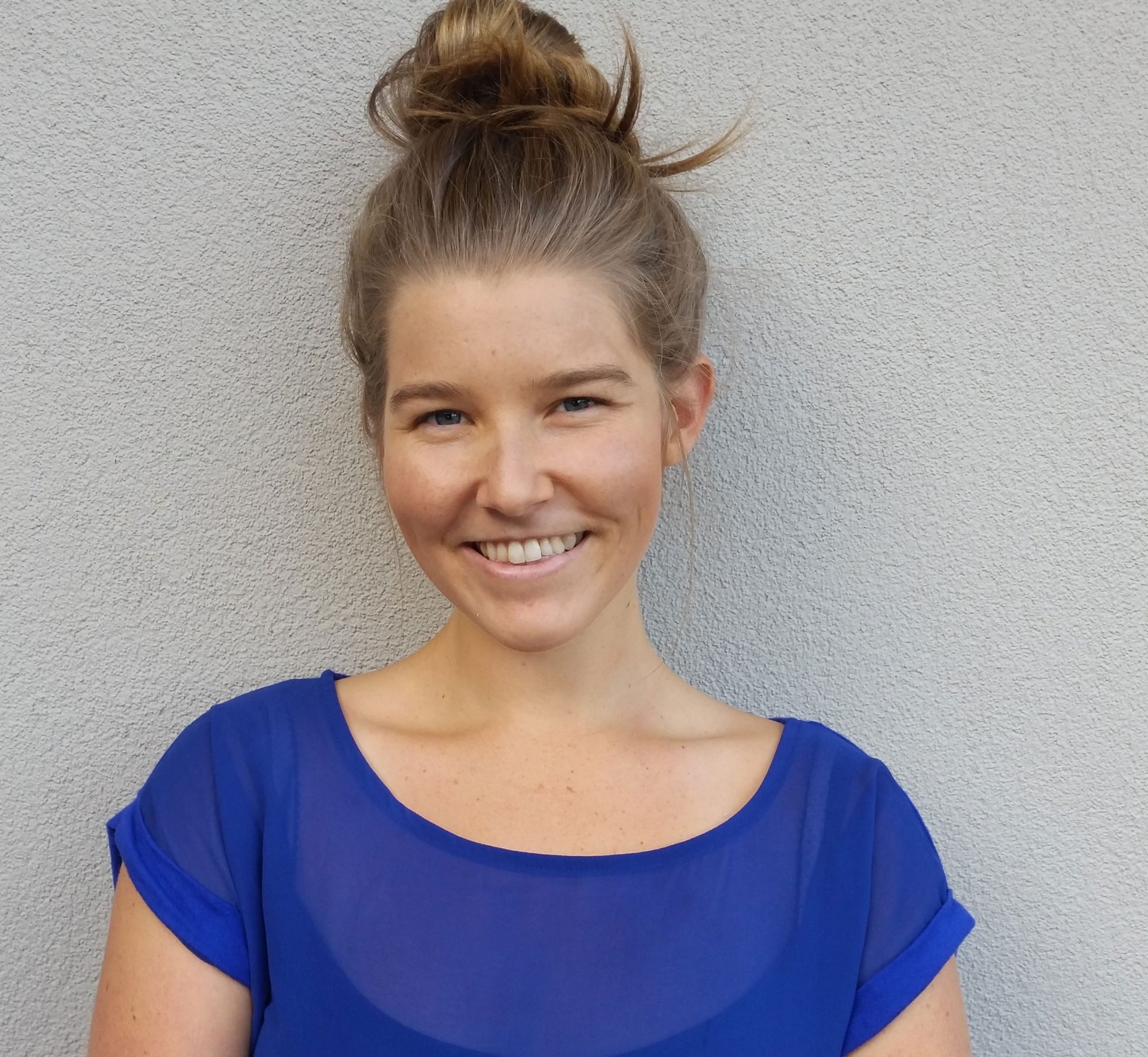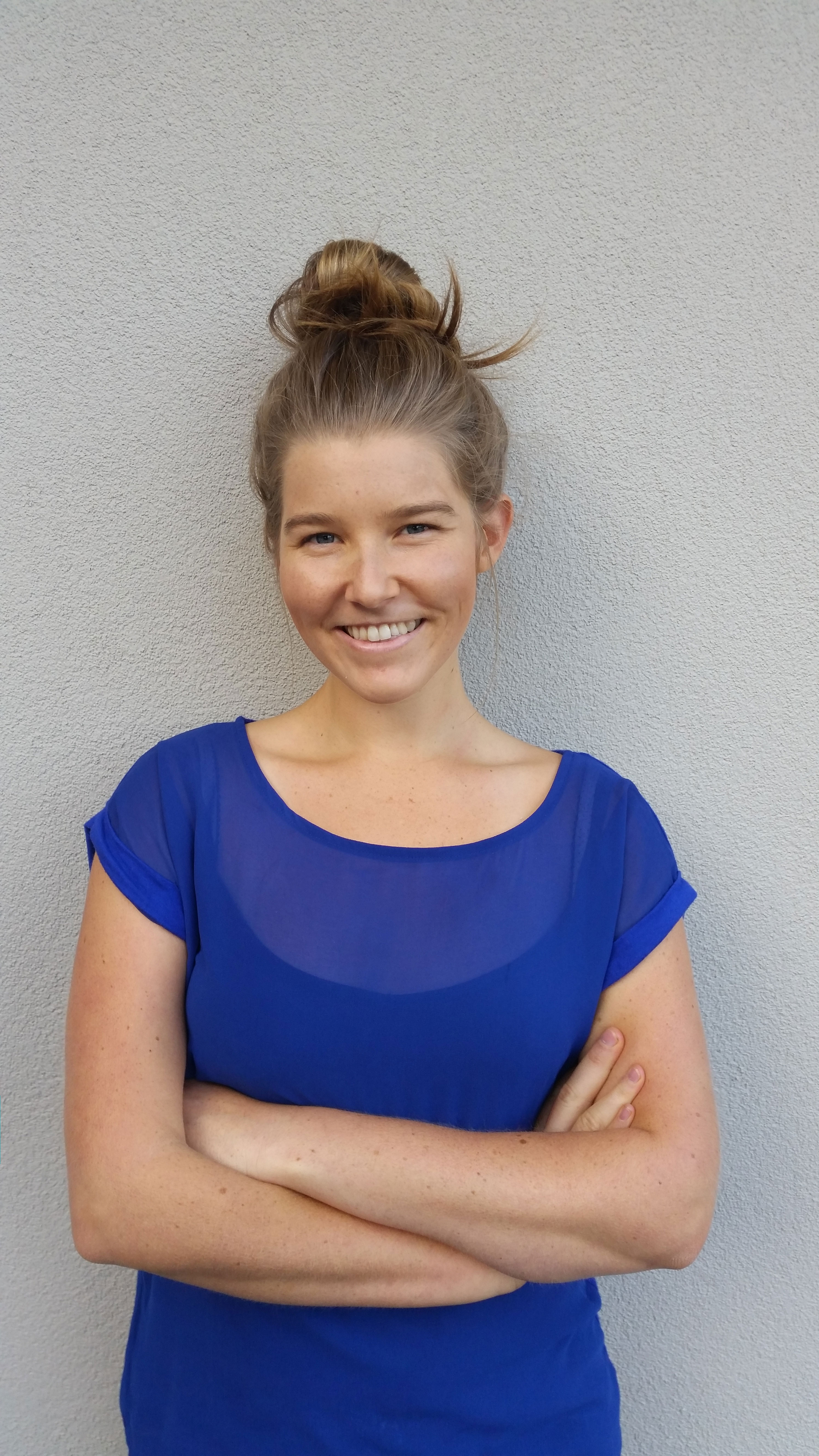
Mindfulness practice in nutrition counselling – by Sylvia North, dietitian
“I strongly believe that a personal mindfulness practice plays an absolute pillar role in being an effective practitioner.
Naturally, the health care industry draws empathetic and caring individuals who seek out a career in health because they want to help people. We’re lucky to have a lovely skilled workforce of people who are willing to go the extra mile to help their patients and do the best they possibly can. However, I found very quickly as a dietitian that the tendency to want to give out to help others by offering my skills, knowledge, and time can be very draining. Just like with any difficult and demanding job, it’s easy to slip into a cycle of spending all your energy at work leaving self-care and time people you love a low priority.
Personally, mindfulness practices including daily meditation, Qi gong, and even simply taking a real lunch break, have been totally integral in forming an effective nutrition counselling practice. When my energy levels are topped up first thing in the morning and throughout the day, I have a clearer mindset and can show up in a consultation with authenticity. Specifically in nutrition, I strongly believe that I can’t offer genuine health and diet advice without first having my act in gear.
I also believe the personal mindfulness helps with developing a form of self-awareness and strong sense of empathy. As a practitioner, empathy is key in understanding what the client is really after and what practical helpful approach you can offer to really make a difference.”
We asked Sylvia a few more questions about her personal approach to mindfulness……
How were you introduced to meditation?
“My first approach to meditation was through this exact youtube video. I downloaded it to my phone after being “prescribed” to start this daily mindfulness practice:”
Can you tell us about how you would typically meditate?
“Since then, I’ve dabbled with various techniques. I’ve done the zivamind course which is a transcendental style meditation. I’m also a certified qi gong teacher after learning under Chinese medicine doctor Peter Caughey – he has courses on his website too http://petercaughey.com/wp/
I tend to play with various practices throughout the year but always find myself going back to qi gong as a staple. My absolute favorite and most energizing set is the Shibashi (meaning 18 exercises). This set can take up to an hour to perform so I usually only will do a couple of exercises from the set if I only have ten minutes.
In my local community, I often attend changing groups where possible. I use to be part of a regular meet up where we would chant and practice laughing yoga.”
Any final tips on meditation?
“My advice it to find something small and achievable to practice most days. It’s consistency and practice that makes a meaningful difference in everyday life. Then when opportunities arise like group meditation and yoga classes these are bonus additions to your regular practice.
We don’t meditate to get good at meditating, we meditate to get good at life.”
 Sylvia is a New Zealand Registered Dietitian practising on Auckland’s North Shore. With a love for all things health and wellness, Sylvia’s approach builds on this core foundation of using real food and real life strategies. Understanding all bodies are very complicated and unique, she has a special interest in working out an individual approach to using food as a powerful tool for drawing her clients closer their goals.
Sylvia is a New Zealand Registered Dietitian practising on Auckland’s North Shore. With a love for all things health and wellness, Sylvia’s approach builds on this core foundation of using real food and real life strategies. Understanding all bodies are very complicated and unique, she has a special interest in working out an individual approach to using food as a powerful tool for drawing her clients closer their goals.
Sylvia specialises in addressing digestive problems and food intolerances, hormonal problems, weight loss resistance, and poor energy levels. You can find Sylvia through her website at fearlessnutrition.co.nz
